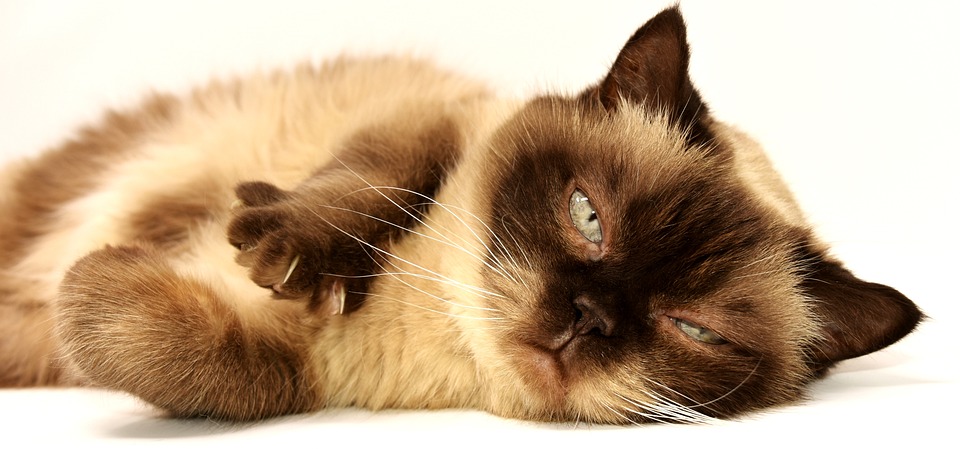Cats are fascinating creatures, known for their unique behaviors and quirks. One such behavior that often puzzles cat owners is excessive grooming of toys. In this article, we will delve into the psychology behind this behavior, exploring the reasons why cats engage in it and what it means for their overall well-being.
Excessive grooming of toys refers to a behavior where cats spend an excessive amount of time licking, nibbling, or chewing on their toys. This behavior is different from normal grooming habits, which involve cats cleaning themselves and occasionally grooming other cats in their social group.
There are several reasons why cats excessively groom their toys. One reason is rooted in their instinctual behaviors. Cats are natural hunters, and when they groom their toys, they are mimicking the behavior of prey. Toys serve as substitutes for real prey, allowing cats to satisfy their hunting instincts in a safe and controlled environment.
Another instinctual reason for excessive grooming is scent marking. Cats have scent glands on various parts of their bodies, and when they groom their toys, they are leaving their scent on them. This behavior serves as a way for cats to claim ownership over their toys and mark them as part of their territory.
Stress and anxiety can also contribute to excessive grooming of toys in cats. Grooming serves as a self-soothing mechanism for cats, helping them cope with stress and anxiety. Identifying potential stressors in the environment, such as loud noises or changes in routine, can help cat owners understand why their cats engage in this behavior.
Separation anxiety is another factor that can lead to excessive grooming of toys. Some cats groom their toys when they are left alone as a way to comfort themselves in the absence of their owners. Managing separation anxiety can involve gradually increasing the time spent apart from the cat and providing them with interactive toys or puzzles to keep them mentally stimulated.
Boredom and lack of stimulation can also drive cats to excessively groom their toys. Cats need a stimulating environment to thrive, and when they lack mental and physical stimulation, they may resort to excessive grooming as a form of entertainment. Providing interactive toys and engaging in regular playtime routines can help alleviate boredom and decrease excessive grooming behavior.
It is important to note that excessive grooming of toys can have potential risks and consequences for cats. Cats may develop skin irritation or damage from excessive licking or chewing. If you notice any signs of skin problems in your cat, such as redness, swelling, or hair loss, it is important to seek veterinary advice.
To manage excessive grooming of toys, it is recommended to redirect the behavior by providing alternative outlets for grooming needs. Introducing scratching posts or grooming toys can help cats redirect their grooming behavior onto appropriate objects.
Addressing underlying issues, such as stressors in the environment, is also essential. Identifying and resolving potential stressors can help reduce excessive grooming behavior. Implementing behavior modification techniques, such as positive reinforcement training, can also be beneficial in managing this behavior.
In some cases, consulting a veterinarian or animal behaviorist may be necessary. They can help determine if there are any underlying medical conditions contributing to excessive grooming and provide appropriate treatment plans. Certain medical conditions, such as allergies or skin infections, can manifest as excessive grooming behavior in cats.
In conclusion, understanding the psychology behind excessive grooming of toys can help cat owners provide appropriate care for their feline companions. By addressing any underlying issues and providing a stimulating environment, we can ensure our cats’ well-being and promote a healthy balance in their behavior. Remember, if you have concerns about your cat’s excessive grooming, don’t hesitate to seek professional advice.








